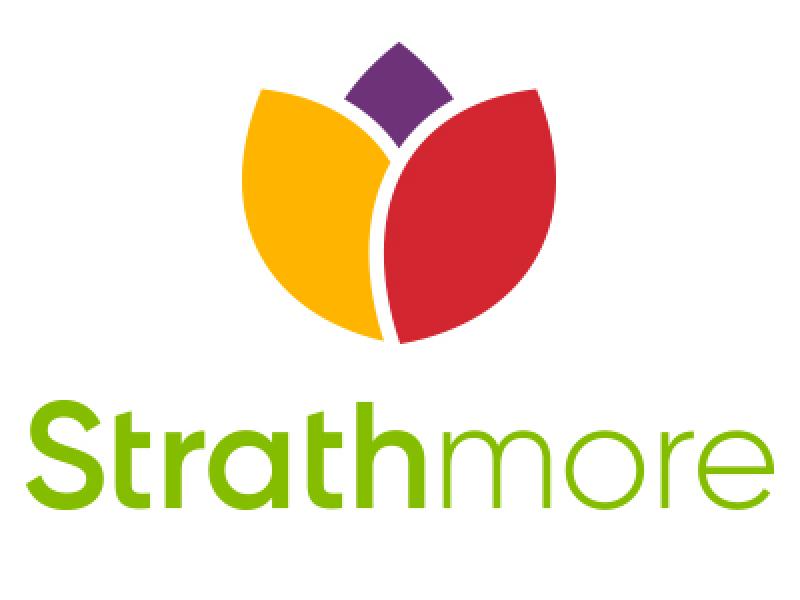
First Capital REIT and partner CPPIB have submitted a development plan for a 28-acre property at Lakeshore Boulevard West and Park Lawn Road in downtown Toronto. The site is the former Christie cookie factory property. (Courtesy First Capital)
First Capital REIT‘s “super-urban” strategy of investing in mixed-use properties in dense, high-growth neighbourhoods in major cities really took hold in 2019, president and CEO Adam Paul said.
After selling its portfolios in markets like Quebec City, Trois-Rivières, Que., and Red Deer, Alta., last year, “we have almost no exposure to secondary markets and in turn, have increased our exposure to our most ‘super-urban’ positions, most notably those in Toronto,” he said.
Speaking to analysts and investors on Feb. 12 during First Capital’s (FCR-UN-T) Q4 2019 earnings call, Paul said 2019 was a pivotal year for First Capital REIT (formerly known as First Capital Realty).
One of the biggest steps was First Capital’s completion of its conversion from a corporation to a real estate investment trust on Dec. 30, 2019.
The company now expects to be included in the S&P/TSX Capped REIT Index as of March, said Kay Brekken, executive vice-president and chief financial officer.
First Capital shifts portfolio
Paul said First Capital’s portfolio underwent a significant shift in 2019 through $1.4 billion of investment activity and nine million square feet of zoning submissions, 6.5 million square feet of which were in Toronto.
Last year was First Capital’s biggest year ever for zoning submissions, Paul said.
First Capital is planning an additional four million square feet of zoning submissions in 2020.
Among the zoning submissions are those for a future mixed-use project at Yonge Street and Roselawn Avenue in Toronto that would include 687 residential units and 65,000 square feet of retail space, and for a future mixed-use neighbourhood at the former Christie cookie site, a 28-acre parcel at Lakeshore Boulevard West and Park Lawn Road in Toronto.
First Capital’s $1.4 billion of investment activity in 2019 included $835 million of dispositions in the REIT’s least urban neighbourhoods.
More than half of the dispositions closed in the fourth quarter and were used in large part to reduce debt.
In 2019, the REIT invested more than $550 million in “super-urban” neighbourhoods, about 85 per cent of which were in Toronto neighbourhoods like Liberty Village, Yonge and Eglinton and Yorkville. (First Capital determines a “super-urban” property by its population density, proximity to transit, and “walkability score.”)
Consider more partnerships
Aside from its “super-urban” focus, Paul says First Capital has formed partnerships for about 20 per cent of its properties (10 per cent by value) that are urban but “lack some of the super-urban attributes that we look for.”
For example, First Capital owns 50 per cent interest in its properties in Ottawa, “a market we want to continue to participate in.”
Having a 50 per cent stake “allows us to benefit from their future upside, enhance our returns through fee income and grow together with our partners using less capital.”

Adam Paul, president and CEO of First Capital REIT. (Image courtesy REALPAC)
Paul said First Capital will consider using this strategy for properties in other markets “that we believe have further upside but lack the ‘super-urban’ attributes we’re targeting.”
Brekken said for the fourth consecutive quarter, First Capital achieved double-digit increases on lease renewal rates when comparing the rental rate in the last year of the expiring term to the first year of the renewal term.
The average net rental rate grew a record five per cent over the previous year to $21.25 per square foot, she said.
Retail investments remain solid
Speaking about the unsettled bricks-and-mortar retail scene, Paul noted First Capital has little exposure to retail tenants that sell discretionary goods and services, which have experienced the most trouble.
“If you look at all of the bankruptcies that have happened over the past two or three years, there’s been almost no impact in the (First Capital) portfolio.
“When we do have defaults, it’s been pretty steady for many years now and (there is) not a lot of seasonality to it.”
Paul says the properties First Capital sold in Trois Rivières were purchased by a private local investor, while those sold in Red Deer were bought by a private REIT.
He noted institutions averse to investing capital in retail one year ago, have now found grocery-anchored retail “a compelling place to be.”
As of Dec. 31, 2019, First Capital owned interests in 158 properties with a total value of $10.2 billion.







